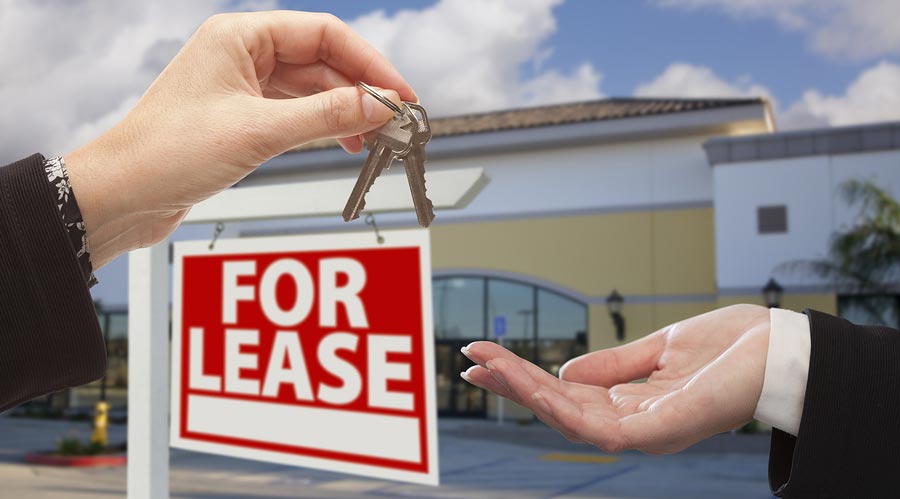Small company owners might hunt for retail and commercial space to update their facility and locate a better location while looking to lease a place for business.

Small company owners might hunt for retail and commercial space to update existing space, locate a better location, or construct a storefront for the first time to lease a place for business. This is often a crucial stage in the growth of your organisation.
Table of Contents
Introduction to Commercial Real Estate Leasing
Try to reduce the number of options to two or three so that you can negotiate dividends in the future.
You should not sign a lease unless you know how much money will be spent in total, including maintenance costs.
Don’t become emotionally connected to the property until you’ve negotiated the lease conditions, since you should only be concerned about whether or not customers would like the site.
Because each business lease is unique, be sure you get a finalised copy of the lease and read it.
Make a spreadsheet to compare the potential properties you’re interested in. Include information such as the lease duration, costs, unit pricing, square footage, and the benefits and drawbacks of each.
The Benefits of Commercial Real Estate Leasing
When leasing commercial real estate, you will have to pay less in upfront costs such as legal fees, pre-lease inspection, and security deposit. When purchasing commercial real estate, the upfront expenditures are just approximately a sixth of the overall costs, which implies investing less cash in a long-lasting asset.
Certain expenses, such as property insurance, utilities, and lease payments, may also be deducted from your taxes. Unlike when you purchase, you may deduct the whole lease amount when you lease real estate.
Lease durations are typically three to 10 years, giving you greater freedom to relocate or expand the property than if you purchased it.
Lease properties are often more plentiful than those for sale, providing you with more flexibility and choice in terms of property kinds. Leasing may also be less expensive than purchasing.
Disadvantages of Commercial Real Estate Leasing
You can’t leverage the long-term investment to make a return on price appreciation when you sell or refinance the property since you’re leasing it. You can’t also create equity, therefore your earning potential is limited. There is no rental revenue, which diminishes the potential return.
When compared to a loan payment, it is possible to make a greater monthly payment. A triple net lease, for example, makes renters pay for monthly retail insurance, property taxes, utilities, and maintenance. These costs, together with the lease payment, will make the monthly lease payment more costly than the loan payment.
You may be at the whim of the landlord if he or she chooses to boost rent rates in the yearly escalation, for example. Other leases enable either the landlord or the tenant, or both, to terminate the lease at any time.
When the lease expires, the landlord may raise the rent over what was agreed upon before, resulting in you paying more for a property that is not yours.
Considerations for Commercial Real Estate Leasing
You should examine the following factors whether you intend to purchase or lease commercial property:
How much land is available in the area?
Your company’s current size
Every month, cash flow is generated.
Your bank’s working capital
Plans for possible expansion
How to Find Properties
You must determine how much room is required. Examine competitors to obtain a sense of how much space is required for your company type.
Determine what you can afford to purchase. If your firm is already up and operating, have a look at your finances. If not, figure out how much money you’ll need for shop space.
By doing your own web search, you should be able to find four or five rental properties. If you can’t find anything useful for free, you may want to consider getting a premium membership.
Examine your local newspaper. Commercial landlords may advertise in the publication, which also has an online presence. Visit the landlord’s website to learn about other properties he owns.
If you are considering purchasing or leasing a commercial property, you may want to seek the assistance of a real estate agent or broker who can assist you in searching for and negotiating the property conditions.
